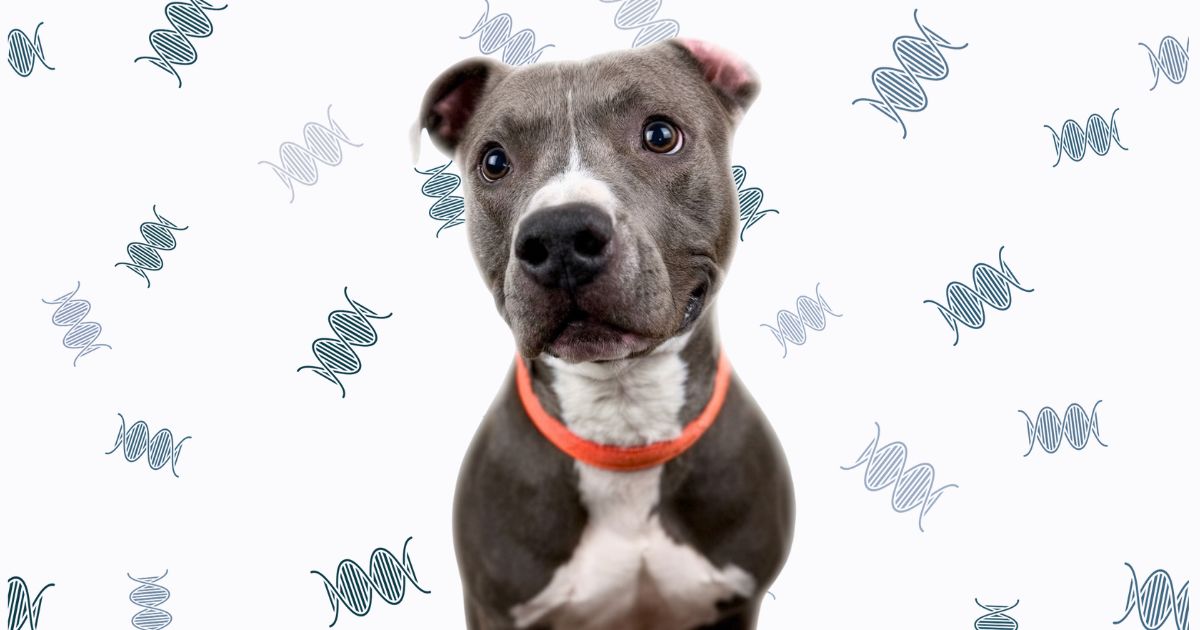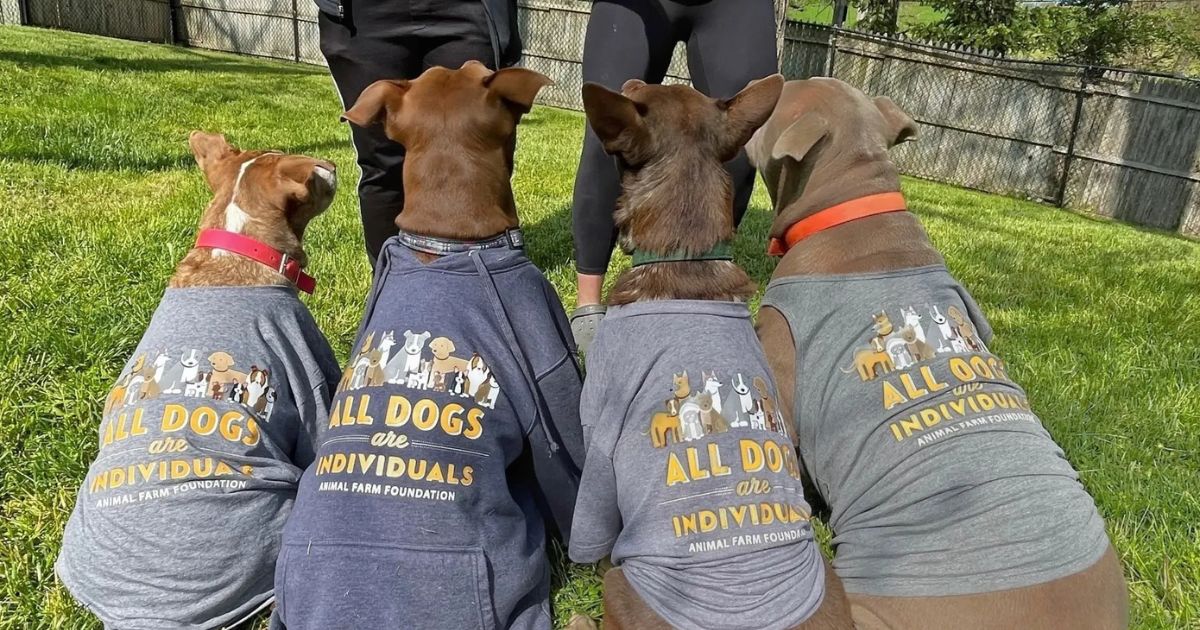We have too many pit bulls. All we have are pit bulls. We have a pit bull problem. Nobody wants to adopt our pit bulls.
Across the country, in interviews with the local news, these sound bites are repeated over and over. Usually intended to be a call for help, a positive plug for the dogs, or to evoke sympathy for the dogs, these kinds of blanket statements from animal shelters may be doing more damage than we realize. When we tell the public we have “too many pit bulls” we unintentionally frame the dogs as less valuable than other dogs at the shelter.
In other words, it makes the “pit bull” dogs sound like a problem: Dear Public, Our organization has a problem, because we have too many of these dogs who are a problem for us to adopt out. Can you help us with this overwhelming problem?
It is easier for us to value one individual than it is for us to value an entire group. It is easier for us to devalue a group than it is for us to devalue an individual.
By framing the dogs as a problem that needs fixing, we wind up teaching the public to view “pit bull” dogs as less valuable than other dogs who are not a problem. We teach the public to think less of the very dogs we’d like to inspire them to adopt. And these language habits of ours end up making the public numb to this grouping of dogs we have created.
That’s not to say that in some areas there aren’t large numbers of dogs labeled “pit bull” who are waiting for adoption. Or that in some areas, adopters are hesitant to adopt “pit bull” dogs, therefore making it more of a challenge to send the dogs home. That very well may be the case.
However, when we talk about the dogs – internally or publicly – it’s important that we consider how our words might be framing the dogs in such a way that the dogs become a negative abstraction – an overwhelming problem – rather than individual dogs who deserve our compassion. This is important to understand because it can actually stop people from adopting the dogs. Big problems, that feel overwhelming, can cause a freeze in the public’s willingness to help.
Psychologist Paul Slovic, author of “If I Look at the Mass I Will Never Act: Psychic Numbing and Genocide” found that the greater the number of victims, the more we depersonalized the individuals involved. And when we stop seeing others as individuals, it makes it easier to create psychological and emotional distance from them. This causes indifference to those in need.
If we feel overwhelmed by the number of those in need of help (in this case pit bulls at the shelter) we are less likely to see them as individuals, and therefore less likely to take action to help them.

Psychic numbing also affects shelter workers. If we feel overwhelmed by the volume of the dogs that are in need of our attention, it can cause us to throw up our hands. It’s not unusual to feel a sense of powerlessness or helplessness in the face of broad or complex problem such as homeless pets. This can cause us to feel numb and detached from the dogs, incapable of getting to know them as individuals. You may feel as though none of your personal efforts matter. And this can generate a sense of apathy towards the “problem dogs” in your care.
Slovic notes that the numbers of victims and psychic numbing are related. The blurring of individuals can start in as little as just two victims! In order for humans to feel compelled to help or take action, they must be able to recognize individuals who are in need of compassion or assistance. Seeing the victims as valued individuals – not just an abstract group – allows us to identify with and feel empathy for them. This compels us to act.
So what does this mean for shelters that have “too many pit bulls?” If you want to boost the staff’s enthusiasm for the dogs, as well as their sense of possibility, AND encourage the public to adopt, we need to stop devaluing the dogs. We can start to do this by ceasing to communicate about “pit bull” dogs as if they are a problem. Instead, we can celebrate the dogs.
Teach the public see the “pit bull” dogs as individuals who are worthy of their compassion. Help them get to know the personalities and preferences of some of the individual dogs in your care, so that they can appreciate the singular dogs that are a part of this big group called “pit bull” dogs. Help the public make a more personal connection to the dogs, to get them to care and then take action.
Overwhelming negative abstract problem = apathy and numbness.
Valuable individual with likes and dislikes = empathy and action.
Remember, when it comes to eliciting compassion and inspiring action, there is no better, more effective approach to snapping out of the numbness then identifying an individual in need, with a face and a name.
As Mother Theresa said, “If I look at the mass I will never act. If I look at the one, I will.”





